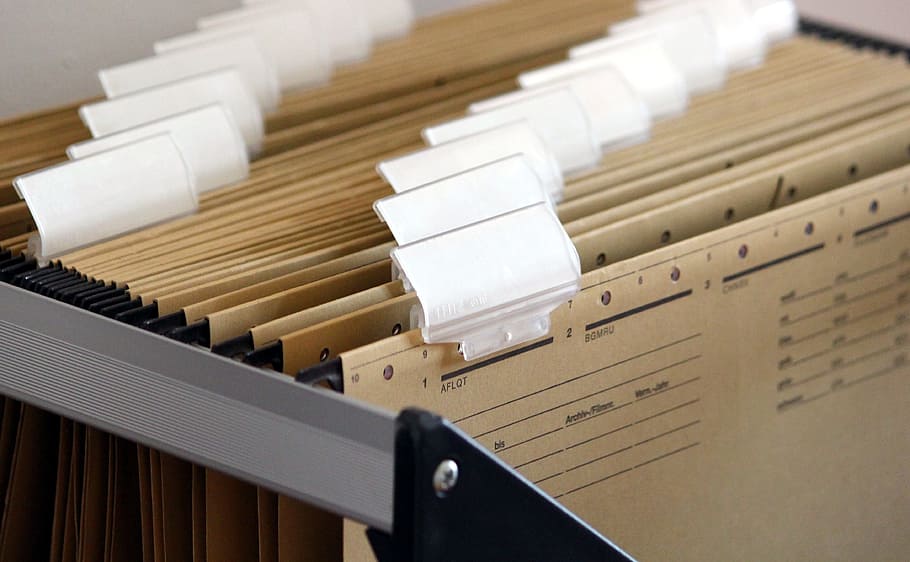Newsletter
27 June 2024
Ratification of the Draft on Tax Regulation Harmonization


The Tax Regulation Harmonization Law (Undang-Undang Harmonisasi Peraturan Perpajakan/UU HPP) has now been officially ratified.
| Margaret Rose
The Indonesian Government along with the House of Representative/Dewan Perwakilan Rakyat (DPR) have recently ratified the draft on Tax Regulation Harmonization/Rancangan Undang-Undang Harmonisasi Peraturan Perpajakan (RUU HPP) prepared by the Ministry of Finance. The draft now is officially passed into Law, and referred to as the Tax Regulation Harmonization Law/Undang-Undang Harmonisasi Peraturan Perpajakan (UU HPP).
The ratification of the Tax Regulation Harmonization Law was said to be an effort to accelerate the growth and recovery of Indonesia’s economy, which has been declining for the past couple of years due to the pandemic. It is also intended to reform the tax administration in order to create more legal certainty and a fair tax system, as well as to increase tax compliance by the taxpayers. In addition, such law is anticipated to optimize the state’s revenue overall.
The Tax Regulation Harmonization Law was created as an addition and amendment to several prevailing provisions stipulated in the following tax laws and regulations:
Such additions and amendments also affect the following other laws:
The Tax Regulation Harmonization Law took effect upon its promulgation, but the period of enactment varies for certain of its clauses, as follows:
Following is a brief summary of the amendments and additions to the affected taxes, as stipulated in the Tax Regulation Harmonization Law:
1. Income Tax
The Government has added a new scheme to the income tax rate layer/lapisan tarif. It was stipulated previously in the Income Tax Law that there were 4 (four) levels of tax rates, currently it has become 5 layers, wherein the Government added an additional level of taxable income for incomes amounting to over Rp. 5.000.000.000,00/pa. Such amount of income shall be subject to a 35% tax rate.
The payable tax range was also amended by the Tax Regulation Harmonization Law. The Income Tax Law previously regulated that income amounting to Rp 50.000.000,00/pa or less, were subject to a 5% tax rate. This payable tax range has been amended, so that incomes subject to the 5% tax rate are those up to Rp60.000.000,00/pa.
The Tax Regulation Harmonization Law also added an additional clause regarding the gross turnover threshold for medium and small businesses (UMKM) not subject to income tax. This threshold is Rp. 500.000.000,00.
The Tax Regulation Harmonization Law also reinstated the corporate income tax rate of 22%, previously planned to be reduced to 20% by 2022. Meaning that the corporate tax income shall remain at the rate of 22% for the present until at least the end of 2022.
2. Value Added Tax (VAT)
The VAT rate, currently 10%, shall be increased to 11%, as of 1 April 2022. Such VAT rate shall be increased to 12% as from 1 January 2025.
The Tax Regulation Harmonization Law also amended the types of products and services which are excluded from the VAT, which are now as follows: food and beverages subject to regional tax and retribution; money, gold bars and security bonds constituting the state’s foreign exchange reserves; art and entertainment services subject to regional tax and retribution; hotel services subject to regional tax and retribution; parking services subject to regional tax and retribution; and catering services subject to regional tax and retribution.
3. Taxpayer voluntary disclosure program/Tax Amnesty (vol. II)
The taxpayer voluntary disclosure program shall take effect from 1 January 2022 and apply until 30 June 2022. The taxpayers may disclose and report their “unrevealed” assets acquired at any time between 1 January 1985 and 31 December 2020 through a Statement Letter addressed to the Director General of Tax office. Such “unrevealed” assets shall also be subject to income tax, at such rate as stipulated in the Tax Regulation Harmonization Law.
4. Carbon Tax
The Carbon Tax is a new addition to the tax regulation, and applies to carbon emissions which have inflicted any negative impact upon the environment. The carbon tax shall apply to individuals or entities who purchase products which contain carbon, and/or perform activities which produce carbon emissions in a certain amount and for a certain period. The carbon tax rate shall be higher than or equal to the carbon dioxide tax rate, which is Rp 30,00/kg
5. Customs
The Tax Regulation Harmonization Law added an additional clause to the Customs Law, authorizing the Customs Officials to perform investigations against alleged violations within the relevant field. Administrative violations shall be resolved administratively.
6. Tax General Terms and Procedure Law
Aside from the amendments and additions made to the relevant tax laws and regulations, as stated above, the Tax Regulation Harmonization Law also stipulates that the tax identification number/Nomor Pokok Wajib Pajak of Indonesian citizens (individual, not corporate) shall be based on their respective Identification Number/Nomor Induk Kependudukan. However, it does not automatically make every individual subject to tax. The tax payable shall only apply to those who meet the subjective and objective requirements under the relevant laws, as stated above, in particular those regarding income tax.
Summary Conclusion
As can be seen from above, the changes to the current tax regime made by the new regulation harmonization are not numerous, but nonetheless must be noted as they do affect many taxpayers’ obligations. A few rates and thresholds may still remain to be finalized or adjusted, but for the present this summary should serve as a guide to taxpayers and advisors for the near future.
Disclaimer: The content above is intended to provide a general guide to the subject matter, and should not be treated as legal advice. For more information on the subject matter, please feel free to contact KarimSyah Law Firm at info@karimsyah.com or margaret.rose@karimsyah.com
